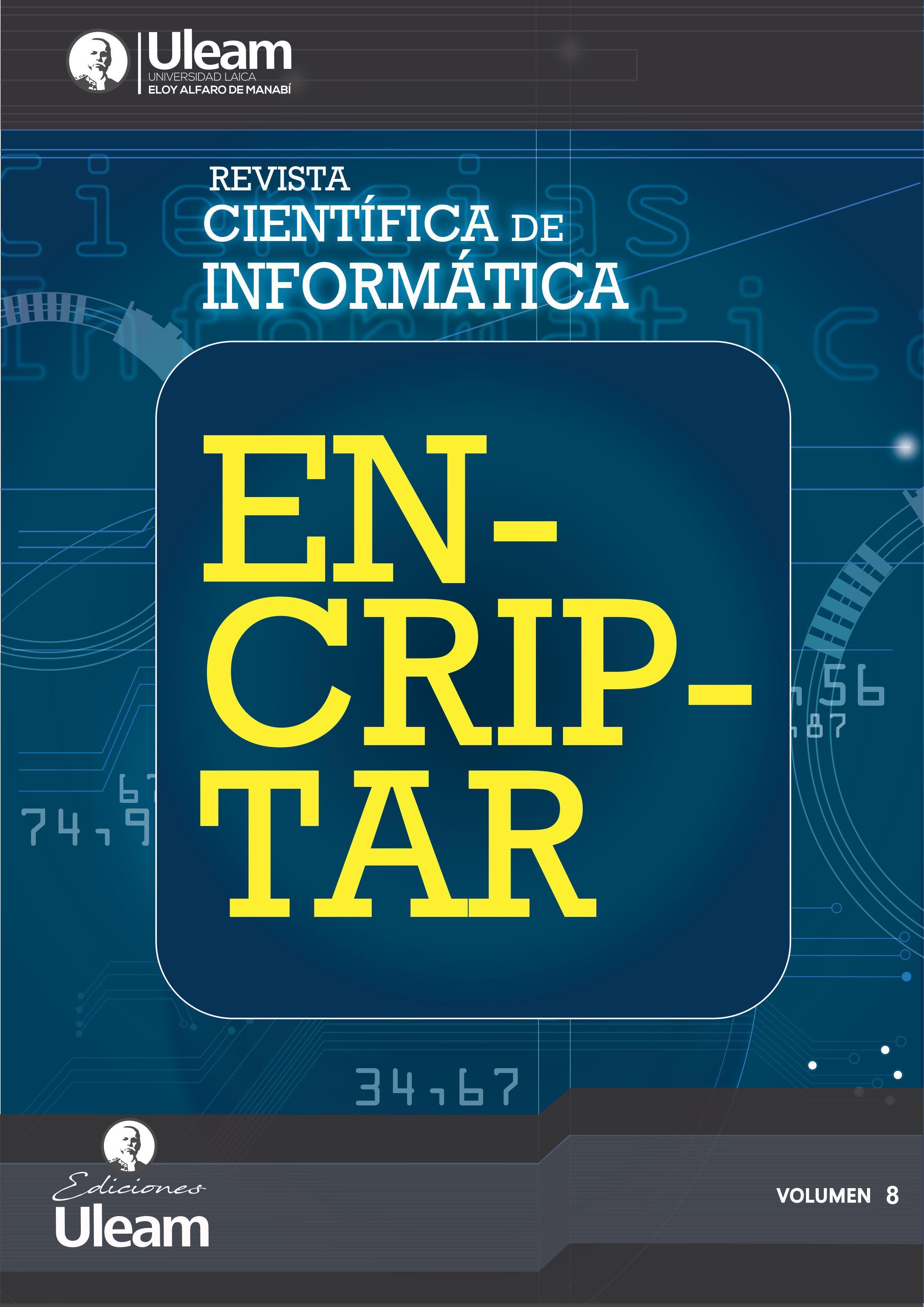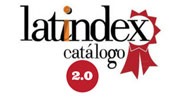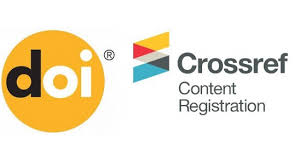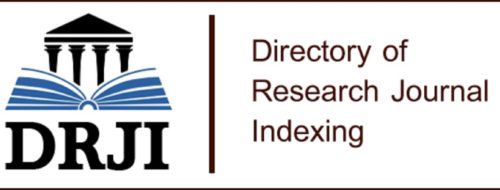Influencia del formato y la complejidad de prompts en calidad de respuestas de modelos generativos
DOI:
https://doi.org/10.56124/encriptar.v8i16.011Palabras clave:
Inteligencia artificial, Tecnologías de la información, Aprendizaje en línea, CogniciónResumen
El objetivo de la investigación fue analizar el impacto y la complejidad del los prompts en calidad de respuestas generadas por modelo de lenguaje generativo (MLG), también conocido como Large Language Model (LLM), empleando a DeepSeek-R1 como caso de prueba. Para ello se diseñaron 90 prompts, los mismos que se distribuyeron en tres formatos: declarativo, interrogativo y estructurado, y tres niveles de complejidad: sencillo, moderado y complejo, aplicados a preguntas de cultura general y objetos comunes respectivamente. Las respuestas fueron evaluadas a través de una rúbrica en escala Likert (1–5), por tres expertos en tecnologías del lenguaje, considerando aspectos como: precisión, coherencia y relevancia, complementada con métricas automáticas de: ROUGE, BLEU y BERTScore. Los resultados evidenciaron que los prompts estructurados generaron respuestas mucho más precisas, coherentes y relevantes que los formatos declarativo e interrogativo. En cambio, en la complejidad, los prompts moderados y complejos mostraron mejores resultados que aquellos que eran sencillos en coherencia y contenido semántico, pero no en precisión léxica. Se realizaron pruebas estadísticas de ANOVA y post hoc de Tukey que revelaron contrastes relevantes en gran parte de los criterios. Entre los errores hubo problemas de respuestas con sobreajuste provocado por prompts muy detallados y otros por prompts declarativos, por otro lado, los prompts estructurados mostraron mejores respuestas. Estos resultados ponen de manifiesto la importancia que tienen la optimización de los prompts como una variable critica que determina la calidad obtenida en las respuestas.
Descargas
Citas
Arora, S., Narayan, A., Chen, M., Orr, L., Guha, N., Bhatia, K., Chami, I., & Ré, C. (2022). Ask Me Anything: A simple strategy for prompting language models. 11th International Conference on Learning Representations, ICLR 2023. https://doi.org/https://doi.org/10.48550/arXiv.2210.02441
Beurer-Kellner, L., Fischer, M., & Vechev, M. (2023). Prompting Is Programming: A Query Language for Large Language Models. Proceedings of the ACM on Programming Languages, 7. https://doi.org/10.1145/3591300;TAXONOMY:TAXONOMY:ACM-PUBTYPE;PAGEGROUP:STRING:PUBLICATION
Brown, T. B., Mann, B., Ryder, N., Subbiah, M., Kaplan, J., Dhariwal, P., Neelakantan, A., Shyam, P., Sastry, G., Askell, A., Agarwal, S., Herbert-Voss, A., Krueger, G., Henighan, T., Child, R., Ramesh, A., Ziegler, D. M., Wu, J., Winter, C., … Amodei, D. (2020). Language Models are Few-Shot Learners. Advances in Neural Information Processing Systems, 2020-December. https://doi.org/https://doi.org/10.48550/arXiv.2005.14165
Cheng, K., Ahmed, N. K., Willke, T. L., & Sun, Y. (2024). Structure Guided Prompt: Instructing Large Language Model in Multi-Step Reasoning by Exploring Graph Structure of the Text. Proceedings of the 2024 Conference on Empirical Methods in Natural Language Processing, 9407–9430. https://doi.org/10.18653/V1/2024.EMNLP-MAIN.528
Feyza, A., Muhammed, A., Kocyigit, Y., Paik, S., & Wijaya, D. (2022). Challenges in Measuring Bias via Open-Ended Language Generation. Proceedings of the 4th Workshop on Gender Bias in Natural Language Processing (GeBNLP), Parte de Las Conferencias de La ACL, 76–76. https://doi.org/10.18653/v1/2022.gebnlp-1.9
Gonen, H., Iyer, S., Blevins, T., Smith, N. A., & Zettlemoyer, L. (2023). Demystifying Prompts in Language Models via Perplexity Estimation. Findings of the Association for Computational Linguistics: EMNLP 2023, 10136–10148. https://doi.org/10.18653/V1/2023.FINDINGS-EMNLP.679
ICFES. (2020). Informe nacional de resultados Saber 11: Educación media en Colombia. Instituto Colombiano para la Evaluación de la Educación. https://www.icfes.gov.co
Lee, D., & Palmer, E. (2025). Prompt engineering in higher education: a systematic review to help inform curricula. International Journal of Educational Technology in Higher Education, 22(1), 1–22. https://doi.org/10.1186/S41239-025-00503-7/TABLES/6
Lee, S. Y. Te, Bahukhandi, A., Liu, D., & Ma, K. L. (2024). Towards Dataset-scale and Feature-oriented Evaluation of Text Summarization in Large Language Model Prompts. IEEE Transactions on Visualization and Computer Graphics. https://doi.org/10.1109/TVCG.2024.3456398
Lin, Z. (2024). Prompt Engineering for Applied Linguistics: Elements, Examples, Techniques, and Strategies. English Language Teaching, 17(9), p14. https://doi.org/10.5539/ELT.V17N9P14
Lu, Q., Qiu, B., Ding, L., Zhang ♢♠, K., Kocmi, T., & Tao, D. (2024). Error Analysis Prompting Enables Human-Like Translation Evaluation in Large Language Models. Findings of the Association for Computational Linguistics ACL 2024, 8801–8816. https://doi.org/10.18653/V1/2024.FINDINGS-ACL.520
Mischler, G., Li, Y. A., Bickel, S., Mehta, A. D., & Mesgarani, N. (2024). Contextual feature extraction hierarchies converge in large language models and the brain. Nature Machine Intelligence 2024 6:12, 6(12), 1467–1477. https://doi.org/10.1038/s42256-024-00925-4
Ministerio de Educación del Ecuador/INEVAL. (2024). Instructivos de pruebas y pruebas modelo para bachillerato. Quito: Ministerio de Educación del Ecuador. https://educacion.gob.ec/instructivos-de-pruebas-y-pruebas-modelo/
Moraes, L. de C., Silvério, I. C., Marques, R. A. S., Anaia, B. de C., de Paula, D. F., de Faria, M. C. S., Cleveston, I., Correia, A. de S., & Freitag, R. M. K. (2024). Análise de ambiguidade linguística em modelos de linguagem de grande escala (LLMs). https://doi.org/https://doi.org/10.48550/arXiv.2404.16653
Mu, J., Li, X. L., & Goodman, N. (2023). Learning to Compress Prompts with Gist Tokens. Advances in Neural Information Processing Systems, 36. https://doi.org/https://doi.org/10.48550/arXiv.2304.08467
Newman, B., Cohn-Gordon, R., & Potts, C. (2020). Communication-based Evaluation for Natural Language Generation (G. J. J. P. Allyson Ettinger, Ed.; pp. 116–126). Association for Computational Linguistics. https://aclanthology.org/2020.scil-1.16/
Patel, D., Kadbhane, S., Sameed, M., Chandorkar, A., & Rumale, A. S. (2023). Prompt Engineering Using Artificial Intelligence. IJARCCE, 12(10). https://doi.org/10.17148/IJARCCE.2023.121018
Sattele, V., Reyes, M., & Fonseca, A. (2023). La Inteligencia Artificial Generativa en el Proceso Creativo y en el Desarrollo de Conceptos de Diseño. UMÁTICA. Revista Sobre Creación y Análisis de La Imagen, 6, 53–73. https://doi.org/10.24310/UMATICA.2023.V5I6.17153
Swamy, S., Tabari, N., Chen, C., & Gangadharaiah, R. (2023). Contextual Dynamic Prompting for Response Generation in Task-oriented Dialog Systems. EACL 2023 - 17th Conference of the European Chapter of the Association for Computational Linguistics, Proceedings of the Conference, 3102–3111. https://doi.org/10.18653/V1/2023.EACL-MAIN.226
Tepe, M., Emekli, E., Tepe, M., & Emekli, E. (2024). Assessing the Responses of Large Language Models (ChatGPT-4, Gemini, and Microsoft Copilot) to Frequently Asked Questions in Breast Imaging: A Study on Readability and Accuracy. Cureus, 16(5). https://doi.org/10.7759/CUREUS.59960
Wang, B., Min, S., Deng, X., Shen, J., Wu, Y., Zettlemoyer, L., & Sun, H. (2022). Towards Understanding Chain-of-Thought Prompting: An Empirical Study of What Matters. Proceedings of the Annual Meeting of the Association for Computational Linguistics, 1, 2717–2739. https://doi.org/10.18653/v1/2023.acl-long.153
Wang, L., Xu, W., Lan, Y., Hu, Z., Lan, Y., Lee, R. K. W., & Lim, E. P. (2023). Plan-and-Solve Prompting: Improving Zero-Shot Chain-of-Thought Reasoning by Large Language Models. Proceedings of the Annual Meeting of the Association for Computational Linguistics, 1, 2609–2634. https://doi.org/10.18653/v1/2023.acl-long.147
Wei, J., Wang, X., Schuurmans, D., Bosma, M., ichter, brian, Xia, F., Chi, E. H., Le, Q. V, & Zhou, D. (2022). Chain-of-Thought Prompting Elicits Reasoning in Large Language Models. Advances in Neural Information Processing Systems, 35. https://doi.org/https://doi.org/10.48550/arXiv.2201.11903
White, J., Fu, Q., Hays, S., Sandborn, M., Olea, C., Gilbert, H., Elnashar, A., Spencer-Smith, J., & Schmidt, D. C. (2023). A Prompt Pattern Catalog to Enhance Prompt Engineering with ChatGPT. Proceedings of the 30th Conference on Pattern Languages of Programs. https://arxiv.org/pdf/2302.11382
Zhang, T., Kishore, V., Wu, F., Weinberger, K. Q., & Artzi, Y. (2020). BERTScore: Evaluating Text Generation with BERT. 8th International Conference on Learning Representations, ICLR 2020. https://doi.org/https://doi.org/10.48550/arXiv.1904.09675
Zhao, T. Z., Wallace, E., Feng, S., Klein, D., & Singh, S. (2021). Calibrate Before Use: Improving Few-Shot Performance of Language Models. Proceedings of Machine Learning Research, 139, 12697–12706. https://doi.org/https://doi.org/10.48550/arXiv.2102.09690
Zhou, D., Schärli, N., Hou, L., Wei, J., Scales, N., Wang, X., Schuurmans, D., Cui, C., Bousquet, O., Le, Q., & Chi, E. (2022). Least-to-Most Prompting Enables Complex Reasoning in Large Language Models. 11th International Conference on Learning Representations, ICLR 2023. https://doi.org/https://doi.org/10.48550/arXiv.2205.10625
Publicado
Cómo citar
Número
Sección
Licencia
Derechos de autor 2025 Revista Científica de Informática ENCRIPTAR - ISSN: 2737-6389.

Esta obra está bajo una licencia internacional Creative Commons Atribución-NoComercial-CompartirIgual 4.0.















